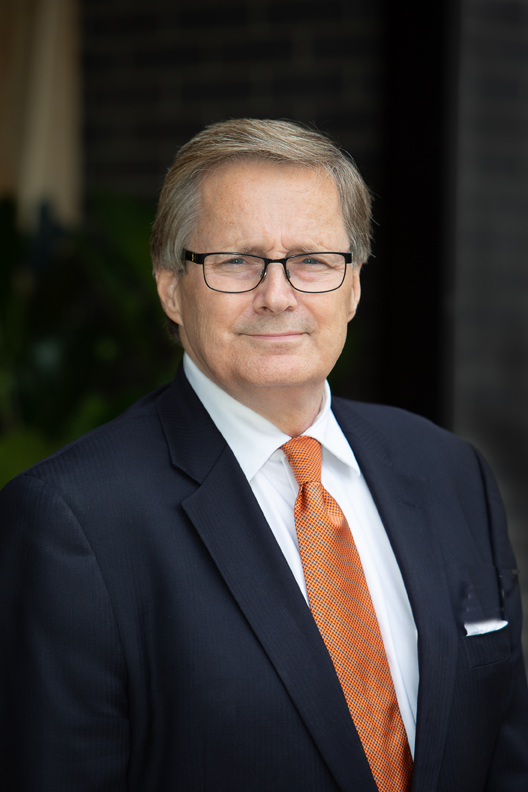It’s no secret that American democracy is under pressure. Some go so far as to say at risk but at the very least, any citizen that is paying attention understands there is a problem.
Here’s a new problem. Fewer and fewer Americans seem to care about the news at all.
Forget for a moment the debate between misinformation, disinformation and manufactured truth, but a new survey indicates we, as a country, are losing interest in public affairs.
Algorithms follow our every move, serve us our “preferred” news and posts we like, and artificial intelligence can create impressive content as deep fake videos will soon perhaps elect candidates that do not exist.
The White House has announced a new initiative to mitigate the AI problem, but uncertainty remains.
It may be a bit early for that but for sure, the news malaise we feel now will only get worse early in 2024 when elections fire up and information machines churn their wicked content and dispatch individualized truth to their respective targets.
The declining trust has fueled a decline in overall interest among ordinary Americans, according to a nonprofit, non-partisan public information poll by the Pew Research Center. This comes amid changes in news consumption habits, declining trust in the media and high levels of news fatigue, the organization said.
In 2016, 51% of U.S. adults said they followed the news all or most of the time. But that share fell to 38% in 2022, the most recent time they asked this question.
In 2016, 57% of Republicans and independents who lean Republican said they followed the news all or most of the time. In the 2022 survey, 37% said the same, a decrease of 20 points. By comparison, the share saying this among Democrats and Democratic leaners dropped by only 7 points, from 49% to 42%, the Pew Research Center said in its article.
In turn, a rising share of Americans say they follow the news only now and then. While 12% of adults said this in 2016, that figure increased to 19% by 2022. And while 5% of adults said in 2016 that they hardly ever follow the news, 9% said the same last year, said Pew.
Older adults are more likely to say they follow the news all or most of the time, while younger adults are less likely. However, Americans in all age groups have become less likely to say they follow the news all or most of the time since 2016.
Before we get lost in the political division and numbers, we can only expect these numbers to drop even further. As more devices to manufacture “truth” become operational, it becomes nearly impossible for citizens to discern what is real truth and what has been manufactured.
To be sure, political misinformation has been around since our country’s founding. What has not changed is our need to stay informed, thus the flood of data.
Locally, we have worked very hard to inform citizens with information they can trust. We publish fact-filled journalism to create insights that inform to motivate civic engagement.
Democracy’s decline, or ascent, begins not necessarily in Washington DC but also here, close to home, where we live, work and play.
Therefore, we have revamped our editorial page and are gearing up to listen to our readers. Local governments have for some reason made it harder to correspond with the officials elected to represent them, we are urging our readers to become more, not less, interested in the affairs of their local officials.
We have published the contact information of many local officials. Civic engagement is the only solution to a vibrant, functioning democracy.
Attention is as vital to civic engagement as water to the vitality of a living plant.
Every year, local governments spend more than $100 million of your money. Governments and contractors do not seem especially excited for the public to always know how that money is being spent.
One local government refuses to allow cameras in city hall while their audio remains only marginally discernable. Another has so twisted their agenda and open communications policy such that the First Amendment Coalition calls the changes “unconstitutional.”
It would seem in the age of the internet; local governments could easily make it so easy to understand on behalf of the people they are elected to represent. As of yet, they have not.
We can only encourage citizens to somehow re-engage. We have published the contact information of many local elected officials with the hope that more of them will hear from you.
With democracy on the line, this is the time for more, not less civic engagement. The question is how?

